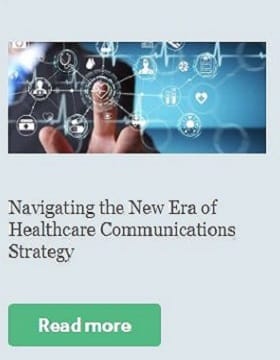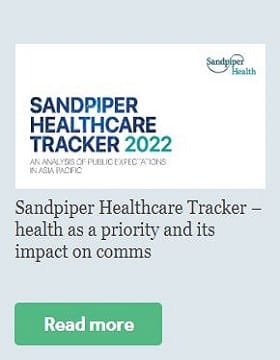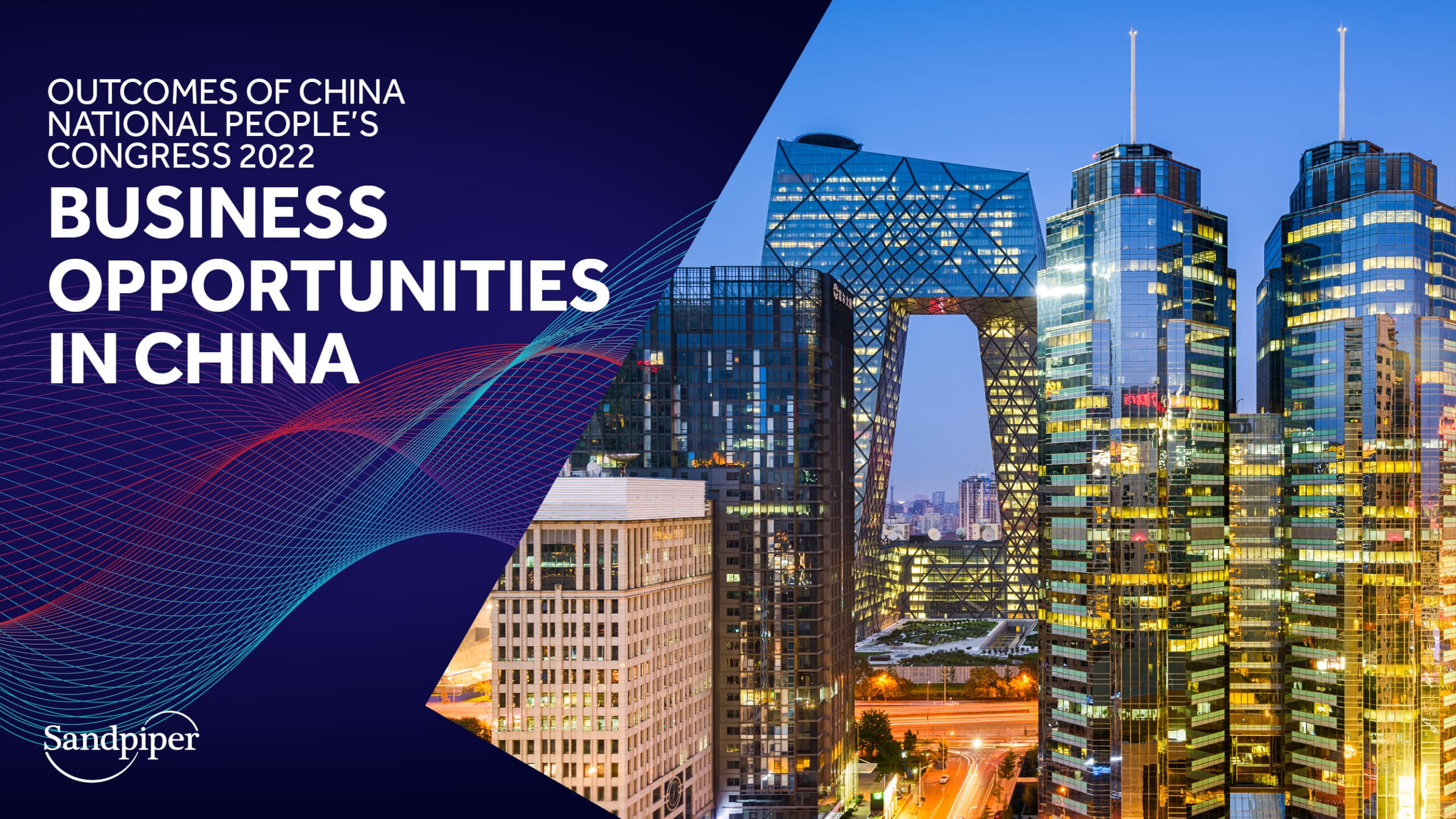
Outcomes of China National People’s Congress 2022 (Part 1) – Uncertainties & Government Strategies

Outcomes of China National People’s Congress 2022 (Part 2) – Business Opportunities
Is it Time for Healthcare Organisations to Drive Social Impact?
April 2022

by Tseng Yi Ying, Account Manager based in Sandpiper Singapore. Yi Ying has broad experience in healthcare communication, patient advocacy, research, stakeholder engagement and content development.
Good health is about more than just genetics. Where we are born can influence not just our likelihood of illness but also our access to treatment. Poorer communities tend to face more socio-economic disadvantages that put them at greater risk of poor health, while also facing barriers to healthcare such as high out-of-pocket expenses and poor medical coverage.
In short, there is a strong link between health and wealth. Therefore, we need to address the social determinants of health, not just treat disease. This requires a shift from health equality to health equity: resources and interventions should focus on the specific needs of individual communities, rather than one approach being applied across entire countries.
For this reason, patient-centric pharmaceutical companies put CSR (Corporate Social Responsibility) at the heart of their activities. However, the concept of CSR continues to evolve. It is no longer just about fair trade or charitable donations. Now, good corporate citizenship is a more holistic concept involving environmental, social, and governance (ESG) pillars.
Whilst ESG initiatives like these have become more popular in Asia-Pacific over the last decade, with companies in Hong Kong, Taiwan, and South Korea being some of the earliest adopters, we most often hear about environmental and governance initiatives and less about social activities.
But we know that socio-economic factors have a profound effect on population health. Therefore, there are significant opportunities for life science and pharmaceutical companies to drive social impact in the region and – in doing so – achieve more equitable health outcomes.
Socio-economic factors have a profound effect on population health.
There are significant opportunities for life science and pharmaceutical companies to drive social impact in the region and – in doing so – achieve more equitable health outcomes.
How COVID-19 amplified the need for health equity strategies
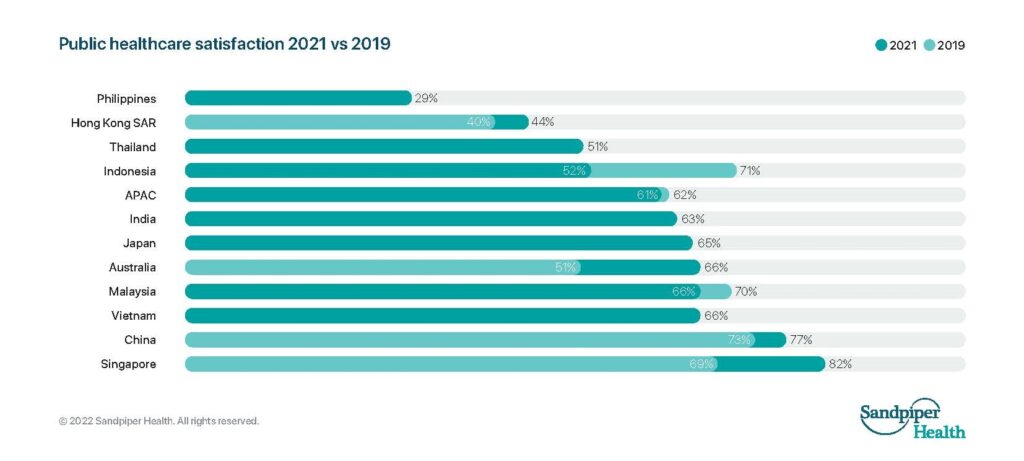
The COVID-19 pandemic shone a spotlight on the social determinants of health. In Asia-Pacific, less developed countries struggled to access, store, and transport vaccines. This led to longer lockdowns, higher caseloads, and poorer outcomes.
Meanwhile, more developed societies – with greater financial resources, medical facilities, and logistical infrastructure – were able to procure and provide doses at speed and scale.
This is how countries like Thailand have been able to vaccinate three quarters (75.6 per cent) of their population. To put that in perspective: it is almost double the 39.3 per cent vaccination rate in next-door Myanmar. These inequalities have prompted pharmaceutical and life science companies to re-evaluate their strategic purpose and ESG mission.
Tackling the social determinants of health
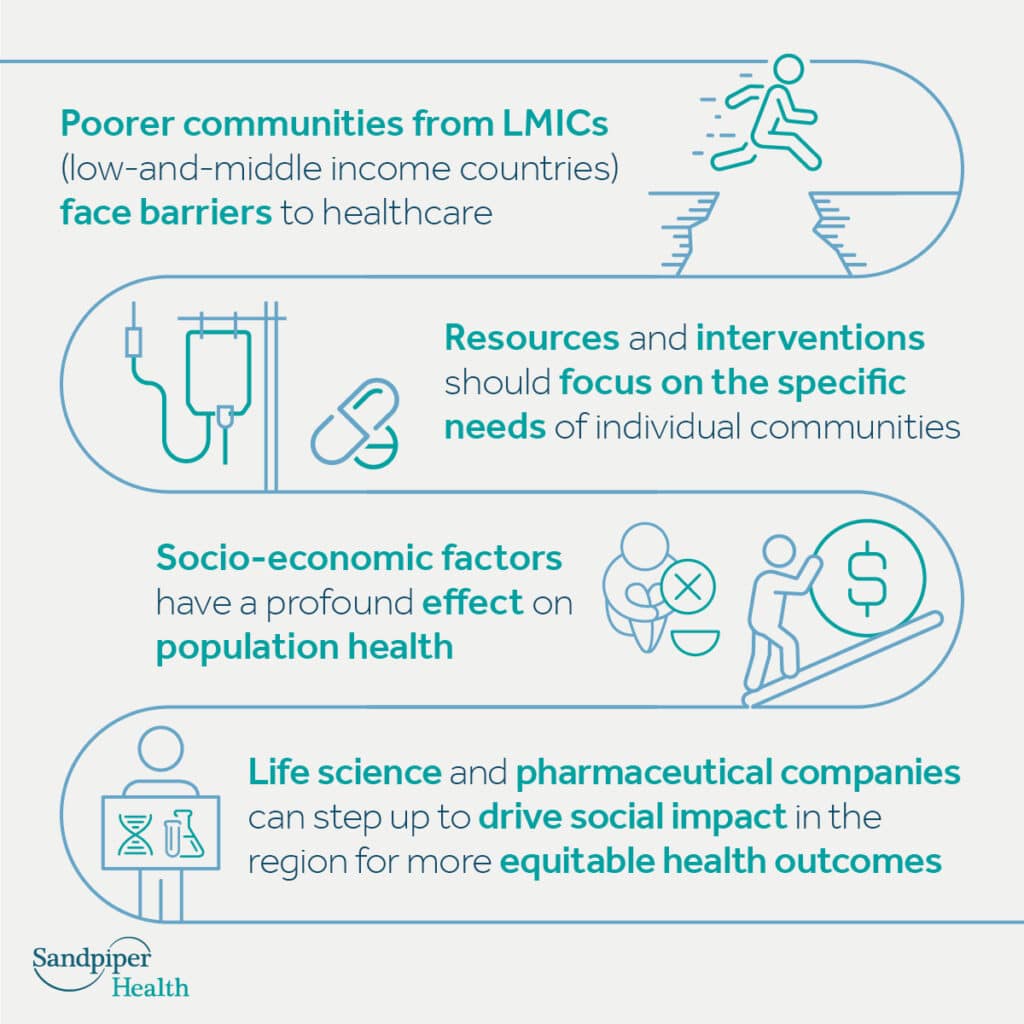
For instance, AstraZeneca made the decision to sell its vaccine at cost-price to poorer countries for as long as the WHO defined COVID-19 as a global pandemic. Meanwhile, others in the field are also taking steps to address the impact of social injustice on health outcomes, including but not limited to diversification in clinical trials to ensure that under-served communities at heightened risk of disease are better able to benefit from new and innovative treatments in the future.
Life science and pharmaceutical companies have also taken other initiatives to promote health equity, such as:
- Building cross-sector consensus through summits with representatives of governments, the health sector, academia, charities, and other stakeholders to develop new ideas to address challenges in providing access to drugs.
- Bringing together patient groups and business leaders to discuss strategies to address the root causes of health inequalities.
- Creating health innovation challenges to give under-represented communities the chance to share their ideas about how to improve access to treatment and tackle the healthcare issues that affect them.
- Funding scholarships to attract the brightest and best from all backgrounds to ensure a more diverse workforce in the life sciences and pharmaceutical sectors.
However, to be effective, these interventions need to recognize and respond to the real challenges of communities on the ground. There is no one-size-fits-all approach. So, what works in one area might not work in another. In our next article, we will dive deeper into health equity in Asia-Pacific and discuss some of the strategies that pharmaceutical and life science companies can use to make a tangible impact in communities across the region.
You may also like:


